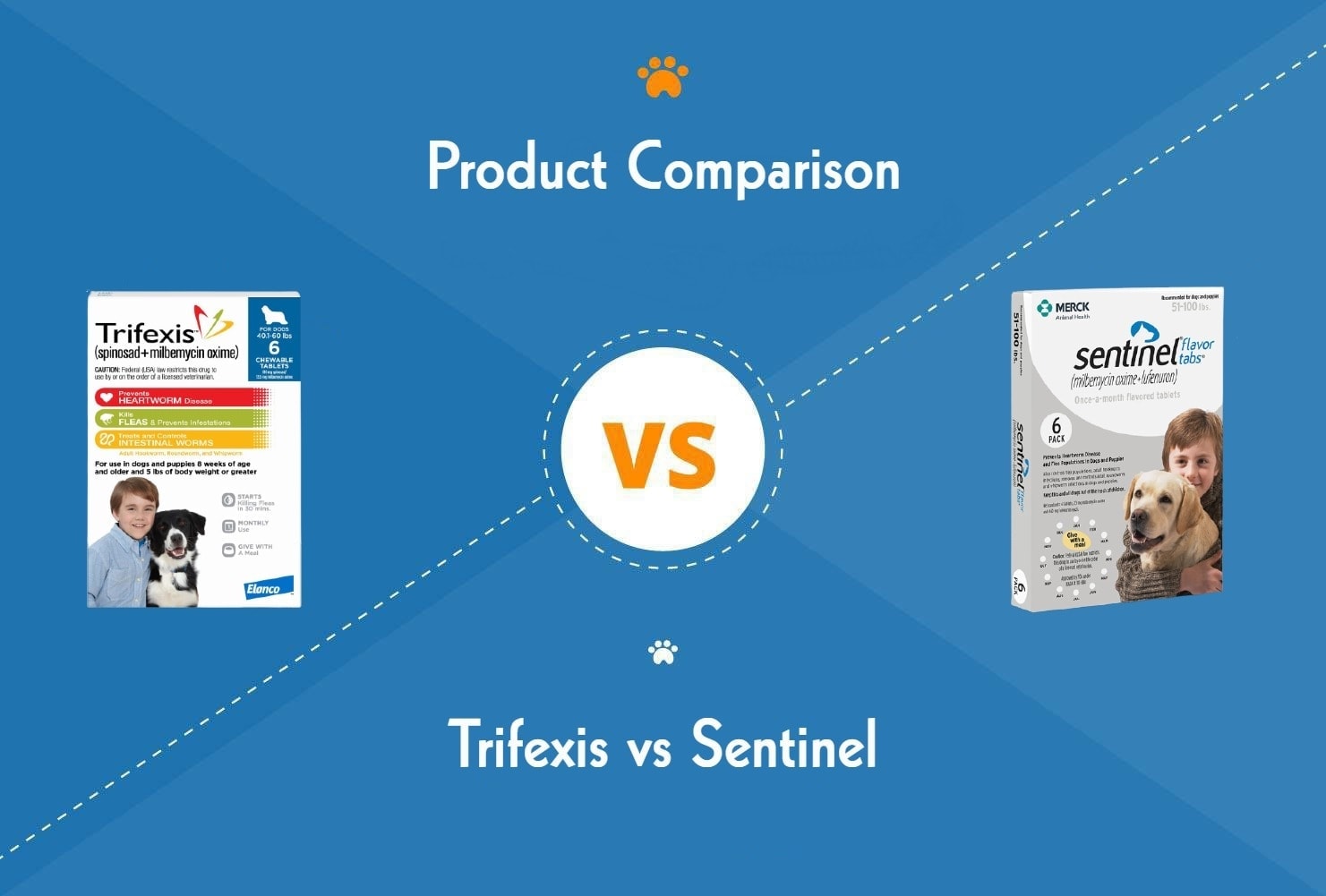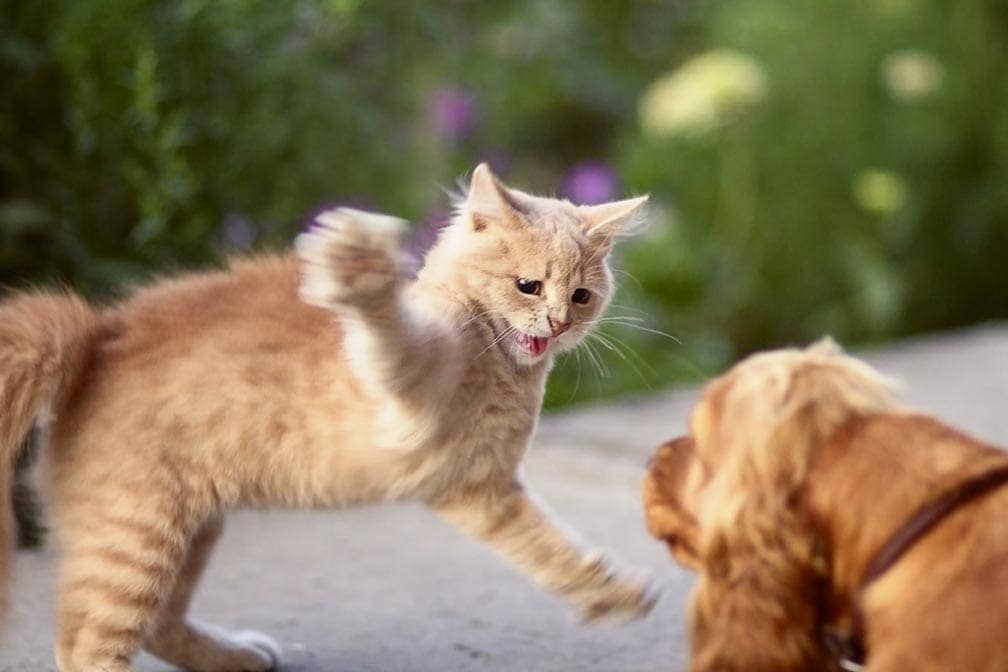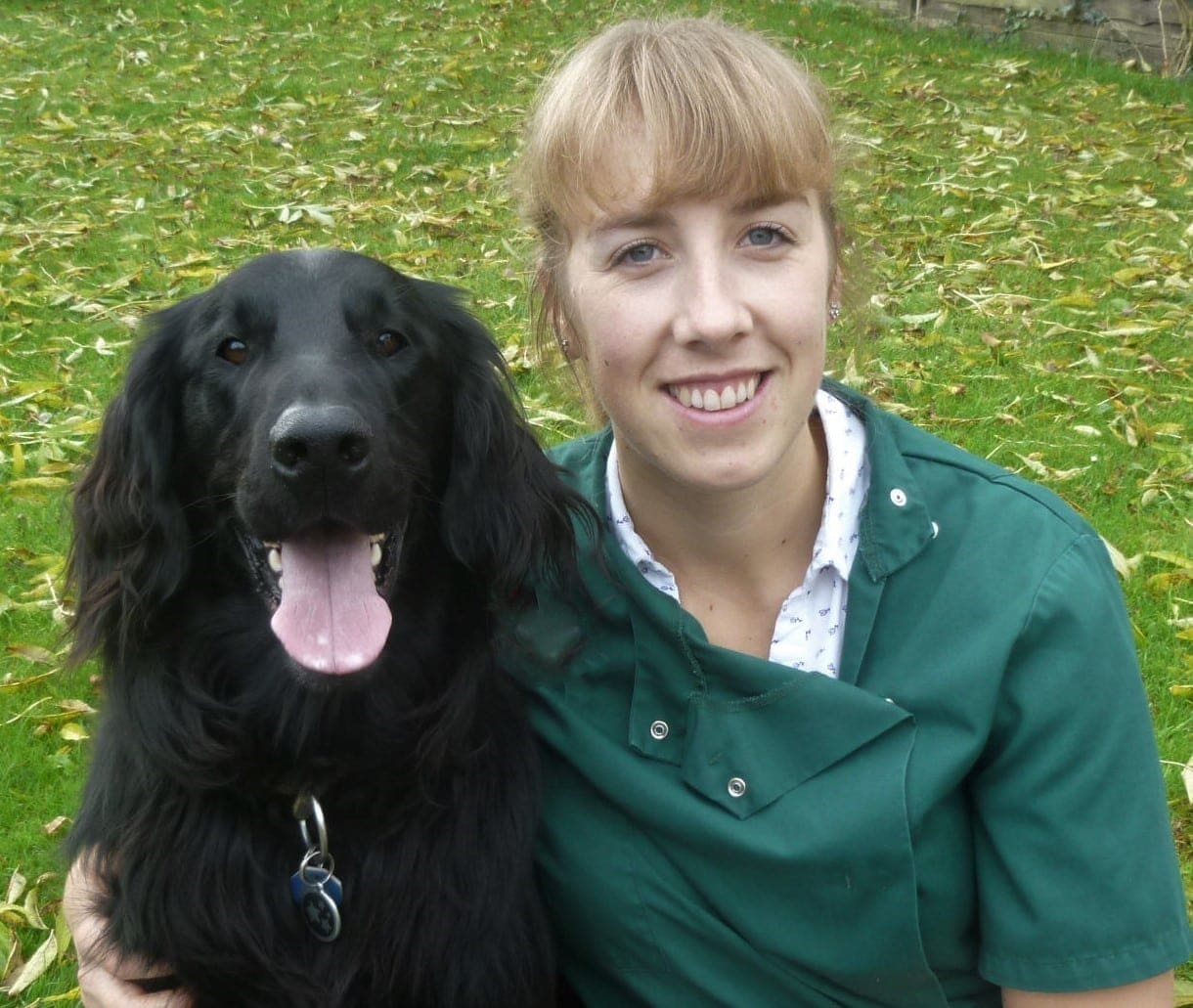Help! My Dog Ate Fertilizer! Our Vet Explains What to Do Now
Updated on

Have you ever laid down some fertilizer on the lawn and then noticed that your dog’s breath smells just like the fertilizer? Maybe you’ve physically seen your dog licking fertilizer-treated plants or found an open bag of fertilizer strewn everywhere, with a significant amount missing. If you’re worried, you’re not alone. Fertilizer ingestion is one of the most common reasons owners contact the ASPCA Animal Poison Control Center. Firstly, it’s important not to panic, as most dogs who have eaten fertilizer, even if they become sick, will make a recovery. This article provides a simple five-step guide if your dog has eaten fertilizer, as well as some useful information about fertilizer toxicity in dogs.
What to Do if Your Dog Eats Fertilizer: Five-Step Action Plan
1. Remove your dog from the area
As soon as you notice that your dog may have eaten fertilizer, remove them from the yard and ensure they don’t have any further access.
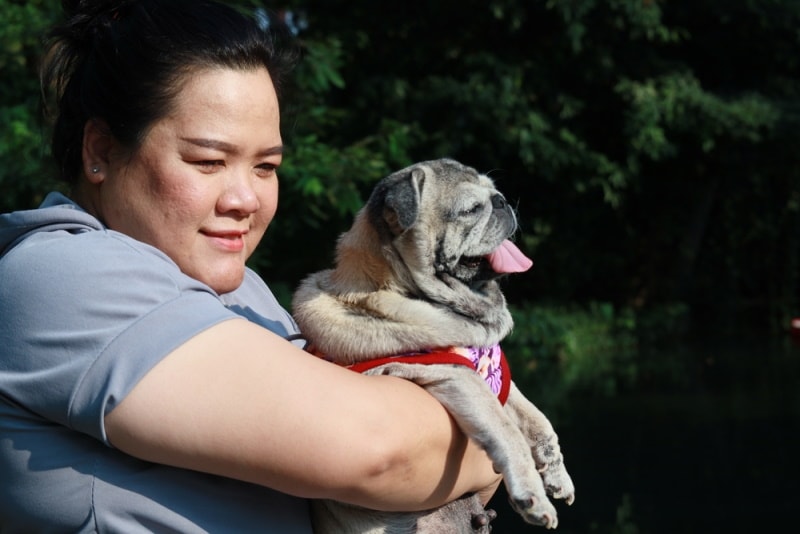
2. Do a basic check-over of your dog
After you’ve brought your dog away from the yard, have a look at them. Do they seem bright and happy? Is there evidence of fertilizer in their mouth? Have you noticed any vomiting or diarrhea?
3. Examine the type of fertilizer (if possible)
This is very useful information. There are three main questions you should try to find the answer to:
- What are the main ingredients?
- How much nitrogen, phosphorus, and potassium does it contain? This information is usually found on the back of the bag.
- Is there any evidence of mold or spoilage?
4. Contact an expert
Contact either a veterinary clinic or the ASPCA Animal Poison Control Center to discuss the situation. It is helpful to provide them with the information you gathered in steps two and three. They will be able to guide you as to the level of risk and what to do next.

5. Treat appropriately
Some cases of fertilizer ingestion require no action at all. Others require the induction of vomiting at a vet clinic to rid the stomach of fertilizer before it can be absorbed. Others may require treatment with medications, either at home or at a vet clinic.
What Is Fertilizer?
Fertilizers are organic or synthetic soil additives formulated to provide plants with nutrients and aid plant growth. There are, of course, many different formulations for different plants; there are also many different manufacturers and many different added chemicals. In general, fertilizers contain nitrogen, phosphorus, and potassium. Fertilizers can be made from chicken manure, bone/fish/blood meals, seaweed extract, sewage sludge, and mineral concentrates.

How Toxic Is Fertilizer to Dogs?
The answer to this question depends on the type of fertilizer. In general, fertilizers have a low level of toxicity in dogs; some fertilizers won’t cause any issues, and others will result in mild gastrointestinal upset. However, there are also some fertilizers that can be seriously harmful to dogs. See below for a table of common fertilizers and their associated toxicity.
| Ingredient in Fertilizer
|
Risk to Dogs |
| Manure
|
Only slightly toxic to dogs. Vomiting and diarrhea are possible. |
| Micronutrients
|
Only toxic in very large doses. Iron can be particularly toxic. Vomiting and diarrhea are possible. |
| Blood meal, bone meal, fish meal
|
Can cause vomiting and diarrhea. Bone meal can congeal to form a large mass that obstructs the digestive tract. |
| Disulfoton (rose fertilizer)
|
Highly toxic to dogs, even in small amounts. |
| Herbicides
|
Most are safe in dogs. |
| Pesticides and insecticides
|
Some are harmless, while some will cause mild signs. Organophosphates, on the other hand, cause serious tremors and seizures. |
| Cocoa bean mulch
|
Dogs can experience the same signs as with chocolate toxicity if large amounts are ingested. |
| Mold (not added but found in old or spoiled fertilizer)
|
Mold often contains tremorgenic mycotoxins, which can cause generalized muscle tremors. |
How Is Fertilizer Ingestion Treated?
At this point, you might be wondering what can be done to manage fertilizer ingestion. There are three main options depending on the situation.
1. “Watch and wait” approach
This is a reasonable option if:
- The chance of fertilizer being eaten is low
- The amount of fertilizer ingested is minimal
- The fertilizer is known to be very safe or harmless
- The fertilizer was eaten more than 12 hours ago and there are no signs of illness
2. Induce emesis
This is vet terminology for making your dog vomit. Medications can be given in the first several hours after eating fertilizer to clear the material from the stomach.
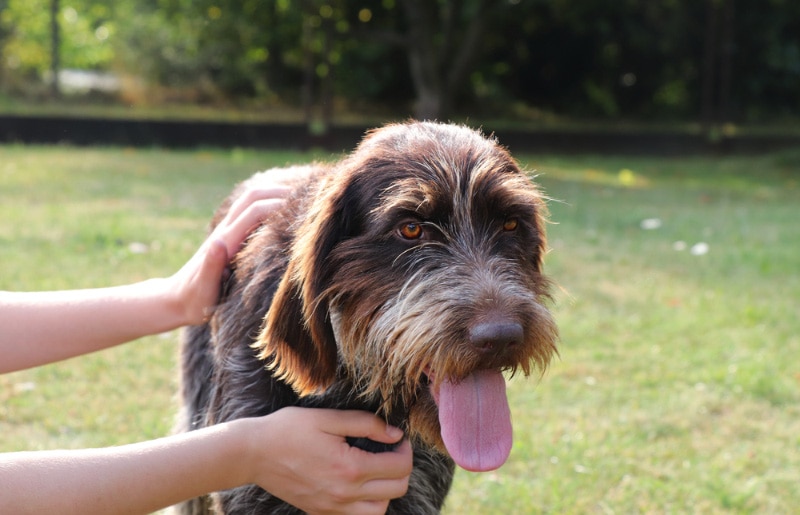
3. Intensive treatment
If a significant amount of fertilizer is eaten, or if your dog is showing signs of being unwell, more aggressive treatment may be warranted. Fluids, pain relief, anti-nausea medications, stomach protectants, and anticonvulsant medications can all be used depending on the signs.
Will My Dog Be Okay?
The vast majority of dogs that ingest fertilizer make a full recovery, even if they develop some signs of illness such as vomiting and diarrhea. Dogs that have eaten moldy fertilizer or fertilizers containing organophosphates (including disulfoton) carry a less favorable prognosis unless intensive treatment is undertaken.
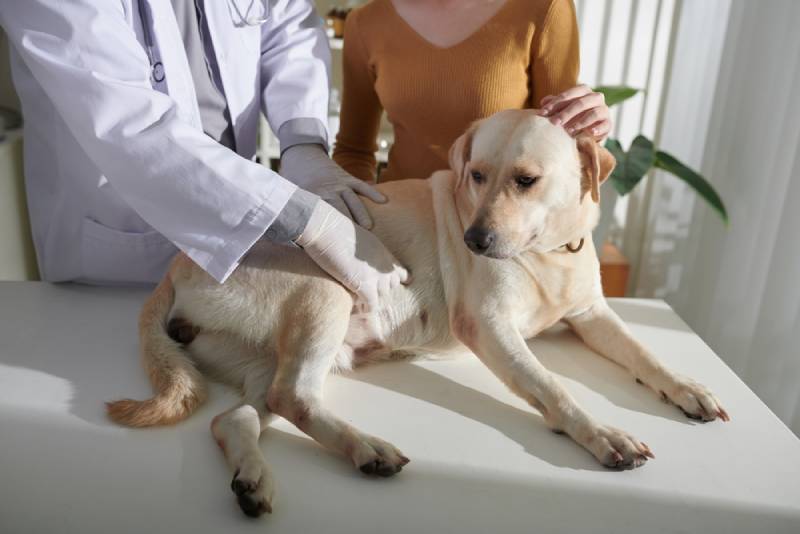
Conclusion
Dogs eat all sorts of silly things. For some dogs, the grosser the smell, the more enjoyable! Fertilizer is commonly ingested by dogs. There are a number of different fertilizers on the market with different ingredients; there is also significant variation in the amount of fertilizer dogs ingest. For this reason, the outcome is variable: some dogs are completely fine, and others require treatment at a vet clinic. If your dog has eaten fertilizer, remain calm, follow the above five-step process, and follow the advice of vets or animal poison experts.
Related Reads:
- My Dog Drank Antifreeze! Here’s What to Do (Our Vet Answers)
- My Dog Ate a Battery! Here’s What to do (Our Vet Answers)
- Raisin Toxicity in Dogs: Vet-Approved Facts & Advice
Featured Image Credit: PeterCaramanos, Shutterstock







